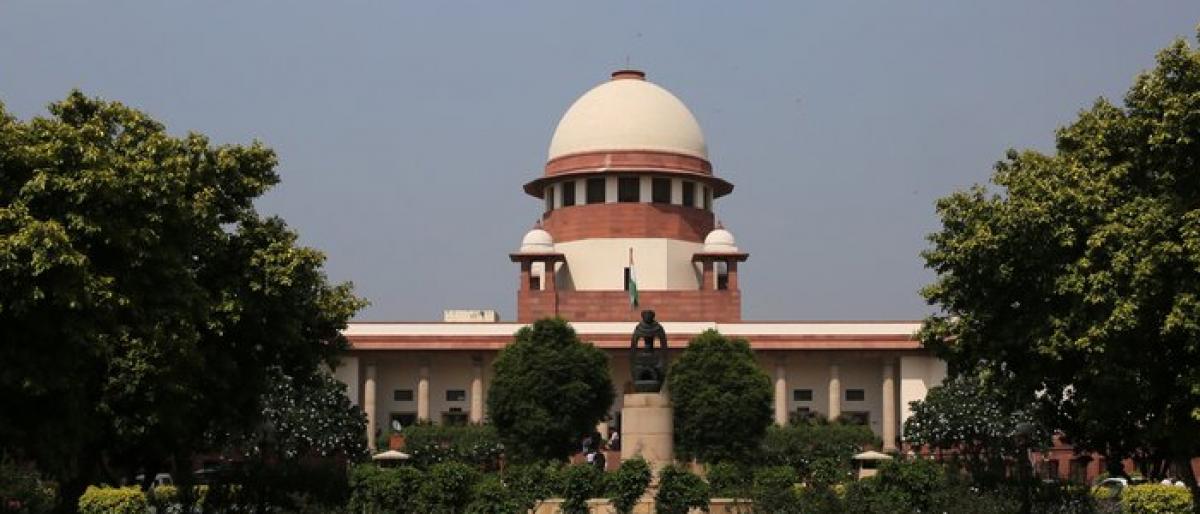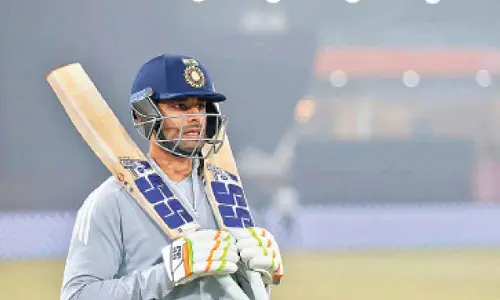Adultery no longer a crime

Adultery is no longer a crime in India, the Supreme Court ruled on Thursday as it struck down the colonialera law, dubbing it archaic and unconstitutional and saying it treated women as a chattel and denuded them of their sexual autonomy
New Delhi: Adultery is no longer a crime in India, the Supreme Court ruled on Thursday as it struck down the colonial-era law, dubbing it "archaic" and "unconstitutional" and saying it treated women as a "chattel" and denuded them of their "sexual autonomy".
In a path-breaking judgement, a five-judge constitution bench headed by Chief Justice Dipak Misra unanimously struck down section 497 of the Indian Penal Code (IPC) dealing with offence of adultery and section 198 of the CrPC which deals with prosecution of offences against marriage.
With this verdict, India joined a list of countries, including China, Japan, Brazil, Australia, Germany and France, which have done away with the penal provision criminalising adultery. The CJI, who wrote the lead judgement for himself and on behalf of Justice A M Khanwilkar, held that "a husband is not the master" and any system treating a woman with indignity, inequity and inequality or discrimination "invites the wrath of the Constitution". The other three members of the bench -- Justices Rohinton F Nariman, D Y Chandrachud and Indu Malhotra -- concurred with the view that adultery should not be treated as an offence, termed it as manifestly arbitrary, retrogade and cannot be allowed to continue.
Justice Nariman, while holding that section 497 was "utterly irrational" and archaic as it demeaned the status of women, made it clear that the penal provision discriminated against women only on grounds of sex and violated their right to equality. Section 497 of the 158-year-old law, which was punishable by a maximum five years in jail or fine or both, says: "Whoever has sexual intercourse with a person who is and whom he knows or has reason to believe to be the wife of another man, without the consent or connivance of that man, such sexual intercourse not amounting to the offence of rape, is guilty of the offence of adultery." Similarly, Justice Chandrachud held that the provision was "destructive" and deprived women of their "autonomy, dignity and privacy."
He also said that sexuality, which was a definitive expression of identity of a woman, was part of her "inviolable core" and neither the state, nor the institution of marriage could disparage it. Justice Malhotra, the lone woman judge in the bench, held that any law which discriminated between persons on the basis of sex alone and deprived women of the right to prosecute, was not gender-neutral and liable to be struck down.
The four separate concurring judgements, running into 243-page, said that equality of women and their dignity cannot be curtailed, but section 497 of the IPC effectively does so by "creating invidious (unfair) distinctions" based on gender stereotypes "which creates a dent in the individual dignity of women".
He said while there was no doubt that adultery can be a ground for civil action, including dissolution of marriage, but treating it as a crime would amount to "state entering into a real private realm" of matrimonial sphere and therefore, it should be left as a ground for divorce.

















